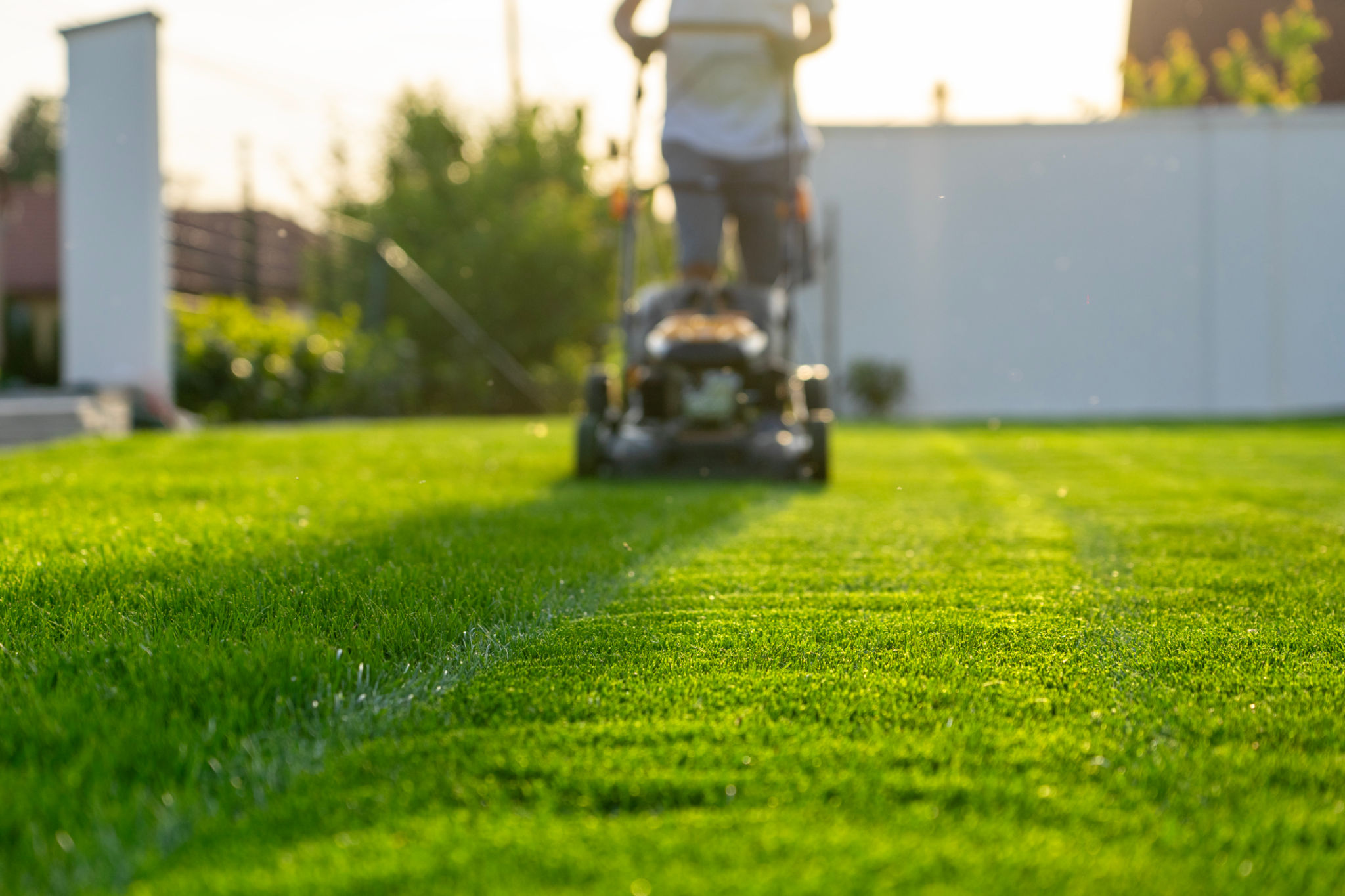Myth-Busting: Common Misconceptions About Lawn Care in Quebec
Introduction to Lawn Care Misconceptions in Quebec
Maintaining a lush, green lawn is a source of pride for many homeowners in Quebec. However, there are numerous misconceptions about lawn care that can lead to confusion and frustration. In this blog post, we'll debunk some of the most common myths and provide you with the facts needed to keep your lawn looking its best throughout the year.

Myth 1: You Should Water Your Lawn Every Day
One of the most widespread myths is that daily watering is essential for a healthy lawn. In reality, overwatering can lead to shallow root growth and increase the risk of disease. Instead, aim to water your lawn deeply but infrequently, about once or twice a week. This encourages deep root development and helps your grass become more drought-resistant.
Myth 2: Fertilizing More Often Yields Better Results
Many believe that frequent fertilization will result in a greener lawn. However, over-fertilizing can harm your grass and the environment. In Quebec, it's recommended to fertilize your lawn two to three times a year, using a balanced fertilizer that meets your lawn's specific needs. Be sure to follow the product's instructions to avoid damaging your grass.

Myth 3: All Weeds Are Bad for Your Lawn
While it's true that some weeds can be problematic, not all weeds are harmful. Certain weeds, such as clover, can actually benefit your lawn by fixing nitrogen in the soil and providing ground cover. Before reaching for herbicides, consider whether the weeds in your lawn are truly detrimental or if they might be playing a helpful role.
Myth 4: Cutting Grass Short Reduces Mowing Frequency
It might seem logical that cutting your grass shorter would reduce the need for frequent mowing. However, mowing too short can stress your grass and make it more susceptible to pests and diseases. A general rule of thumb is to never cut more than one-third of the grass blade height at a time. Keeping your grass at an optimal height promotes healthy growth and a more resilient lawn.

Myth 5: Thatch Is Always Harmful
Thatch—a layer of organic material between the grass blades and soil—often gets a bad rap. While excessive thatch can impede water and nutrient absorption, a thin layer (less than half an inch) can actually help protect the roots from temperature extremes. Regular aeration can help manage thatch levels and improve soil health.
Conclusion
Understanding the reality behind these common lawn care myths can save you time, effort, and resources while helping you achieve a healthy, vibrant lawn. By adopting proper watering techniques, fertilizing responsibly, and embracing beneficial plants, you can enjoy a beautiful outdoor space that's both sustainable and easy to maintain.
